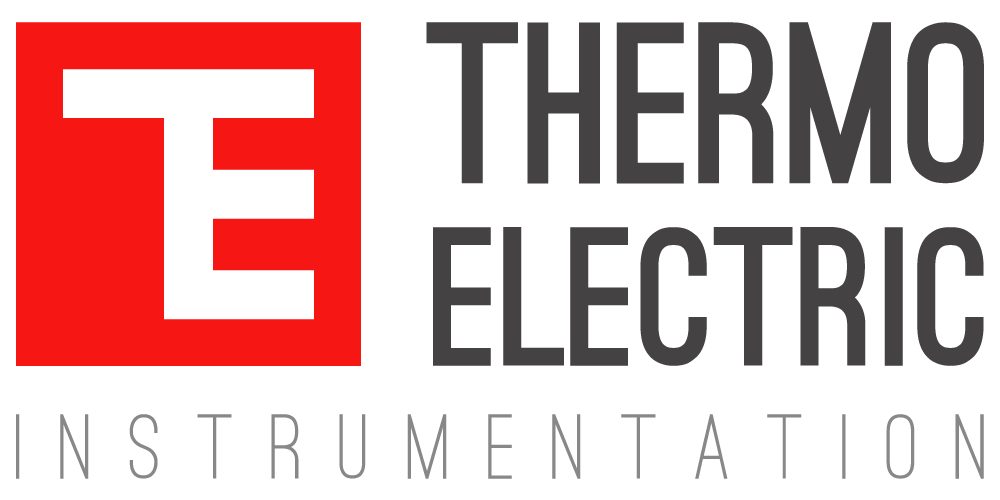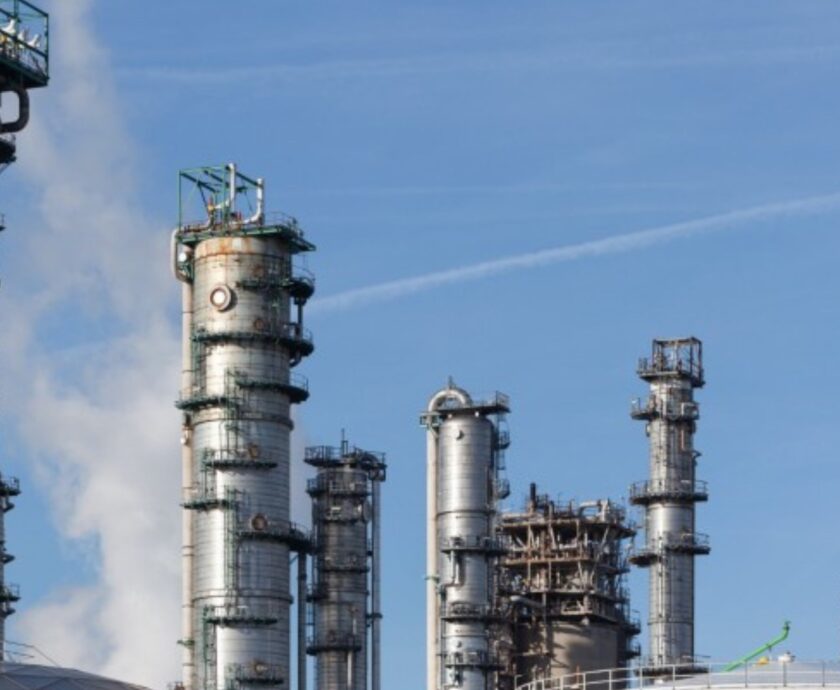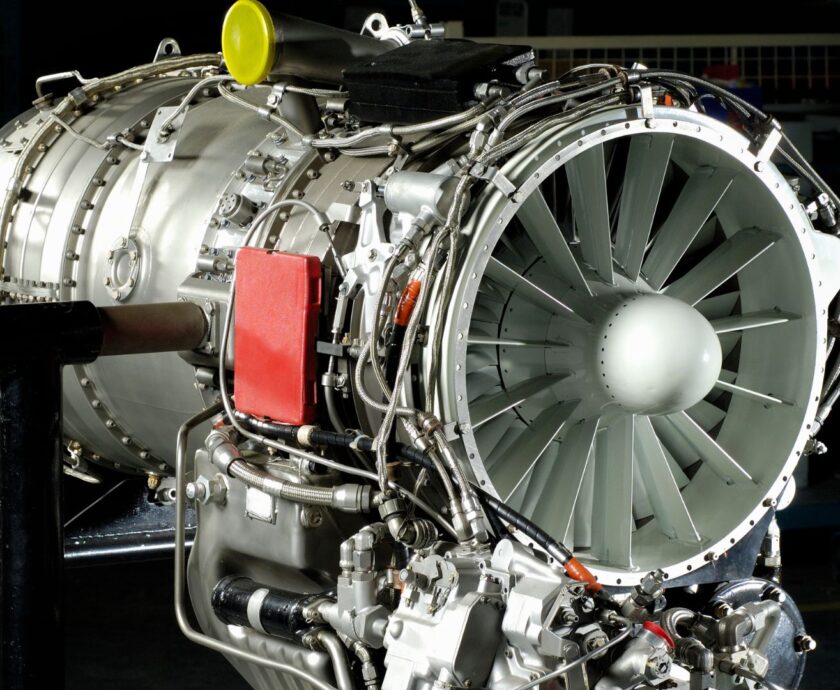Temperature control is a critical factor in manufacturing, directly impacting product quality, energy consumption, and overall operational efficiency. Precise temperature sensing enables manufacturers to optimise processes, reduce waste, and improve consistency across production lines. From chemical processing to metal fabrication, maintaining accurate temperature measurements helps industries minimise defects, enhance productivity, and lower costs.
This article explores the role of temperature sensing in manufacturing, highlighting its impact on operational efficiency and providing real-world examples of its applications.
The Importance of Temperature Sensing in Manufacturing
Manufacturing processes often involve heat-dependent reactions, material transformations, or controlled cooling stages. Any deviation from the required temperature range can lead to defects, energy inefficiencies, or safety hazards. Advanced temperature sensing technologies help businesses:
- Optimise process control – Ensuring materials are processed at the correct temperature reduces variability and improves quality.
- Reduce energy consumption – Efficient heating and cooling reduce wasted energy, cutting operational costs.
- Minimise waste and rework – Precise temperature monitoring prevents product defects, reducing material losses.
- Enhance safety – Monitoring high-temperature processes helps prevent overheating, equipment failure, and workplace hazards.
Modern temperature assemblies provide real-time data, allowing automated adjustments and predictive maintenance, further enhancing efficiency.
Key Applications of Temperature Sensing in Manufacturing
1. Controlling Chemical Reactions
In industries such as pharmaceuticals, petrochemicals, and food production, chemical reactions must occur within precise temperature ranges to ensure consistency and yield. For example:
- Pharmaceuticals: Drug synthesis relies on controlled temperatures to ensure active ingredients are produced correctly. Variations can lead to ineffective or unsafe products.
- Petrochemicals: Refineries use temperature monitoring to optimise distillation and cracking processes, improving fuel yields and reducing energy waste.
- Food processing: Pasteurisation and fermentation processes depend on accurate temperature control to maintain product quality and safety.
By implementing high-precision temperature sensors, manufacturers can fine-tune reactions, reducing energy use while maintaining high-quality outputs.
2. Ensuring Consistent Heat Treatment
Heat treatment is essential in industries like metallurgy, automotive, and aerospace manufacturing, where metals and alloys must undergo controlled heating and cooling cycles. Applications include:
- Steel production: Ensuring uniform heating in furnaces during annealing or hardening improves strength and durability.
- Automotive parts: Components such as engine blocks and gears undergo heat treatment to enhance their wear resistance.
- Glass manufacturing: Precise temperature control during cooling prevents stress fractures, improving product reliability.
Even slight deviations in temperature can result in brittle or improperly hardened materials, leading to product failure and costly rework.
3. Managing Cooling and Refrigeration Systems
Cooling and refrigeration play a vital role in industries such as semiconductor manufacturing, food storage, and plastic moulding. Temperature sensors are crucial for:
- Semiconductor fabrication: Keeping microchips at precise temperatures during production prevents defects that could impact performance.
- Cold chain logistics: Maintaining stable temperatures in refrigerated transport ensures food and pharmaceuticals remain safe for consumption.
- Plastic moulding: Cooling rates must be controlled to prevent warping or imperfections in plastic components.
Accurate temperature monitoring helps reduce energy consumption and ensures compliance with industry regulations.
The Impact of Improved Temperature Accuracy on Efficiency
Even small improvements in temperature measurement accuracy can lead to significant operational gains. For instance:
- Energy savings: More precise control of heating and cooling reduces excessive energy consumption, lowering costs and environmental impact.
- Reduced downtime: Early detection of temperature fluctuations enables predictive maintenance, preventing equipment failures and unplanned stoppages.
- Higher product yield: Maintaining optimal temperatures minimises defects, reducing waste and improving production throughput.
Advanced temperature sensing technologies, such as infrared sensors, thermocouples, and IoT-enabled monitoring systems, are transforming how manufacturers maintain process efficiency.
Wrapping Up
Temperature sensing is a key driver of operational efficiency in manufacturing. By ensuring precise temperature control, manufacturers can improve product quality, reduce waste, and optimise energy use. From chemical processing to heat treatment and refrigeration, accurate temperature monitoring enhances reliability and cost-effectiveness across industries.
Investing in advanced temperature sensing technologies can deliver significant competitive advantages, making manufacturing operations more efficient, sustainable, and profitable.




